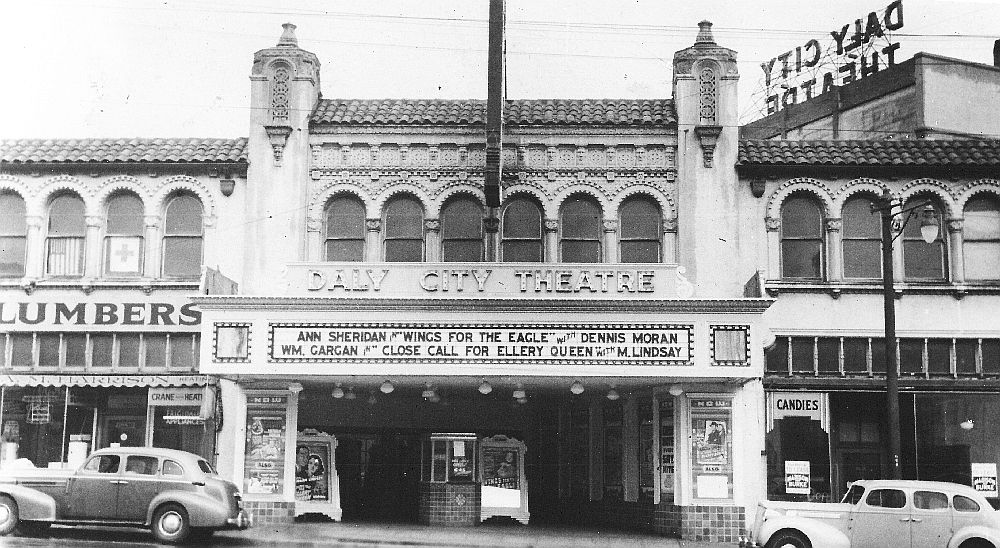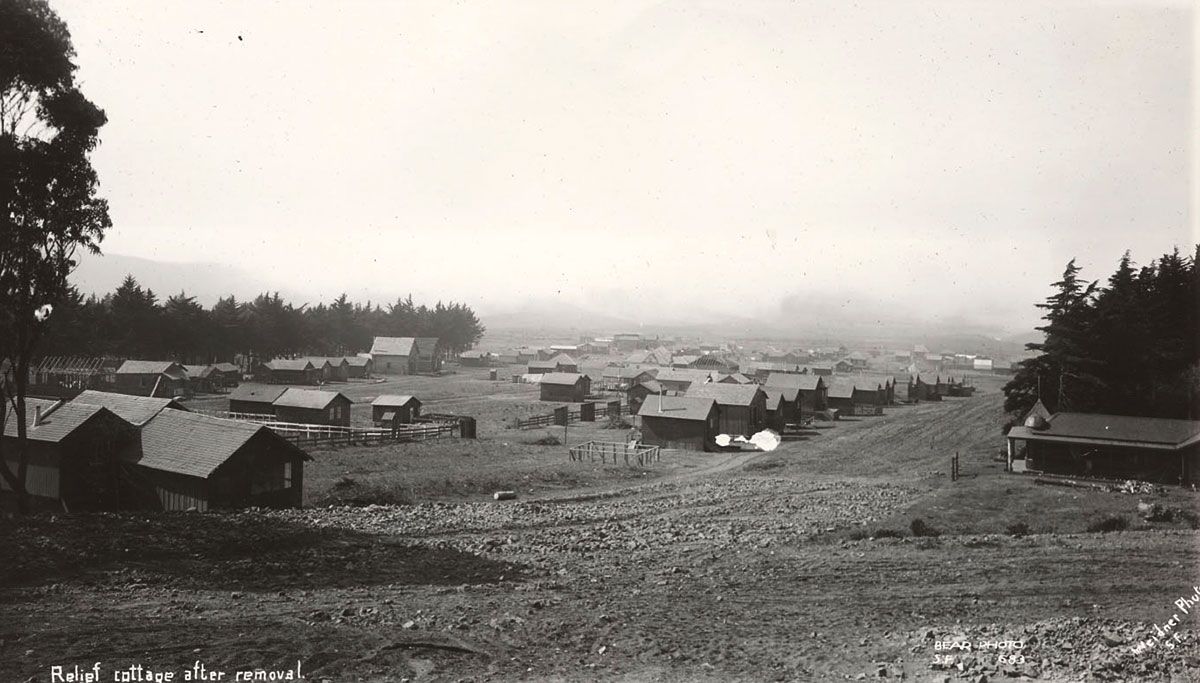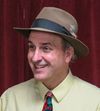Grab Bag #014
An apology, some grand views, and other Woody grab-baggery.

To the People of Daly City
The following apology gives me a great reason to promote my friend Rob Keil's "Little Boxes" book and short documentary on Henry Doelger and Westlake. This is the trailer, here's the whole thing.
I made a joke in the last Grab Bag which rankled some of my friends just across the border. I didn’t intend in any way to poke fun at Daly City, but rather at the geographical cluelessness of some powerful and insular San Franciscans.
I thought my meaning was clear, but if one has to explain something humorous, well, as that old adage by E. B. White or Mark Twain or Oscar Wilde goes, it’s like dissecting a frog: everyone understands it better, but the frog is dead. Of course, it’s even worse if you offend people, so I blew it.
In addition to my apology, I’d like to mention how much affection I have for Daly City. Growing up on the west side of San Francisco, my family zipped over the city limits for eating at Westlake, shopping at “Top of the Hill,” and both at Serramonte Center far more than we went downtown. As a young man, I played in numerous softball leagues at Westlake and Gellert parks.

As a historian interested in mid-century housing developments and architectural design, roadhouses, golf courses, and interurban transit, I have been extremely grateful and appreciative of the work of the wonderful Daly City History Guild Museum & Archive.
I hope Daly City will accept my apology. So as not to dilute the sincerity of this mea culpa, I am not tagging on the joke I just thought of about Brisbane.
(Love you, Brisbane! And you too, Oakland! There’s a lot of there there!)
Shacks in Vista Grande

Speaking of earthquake shacks and Daly City, the above image I believe shows “Vista Grande,” land in today’s Daly City which got a big boost in population thanks to the 1906 earthquake and fire. Dozens of earthquake refugee cottages constructed in San Francisco city parks were relocated to the Vista Grande and neighboring Hillcrest tracts for use as rental properties in 1908. As you can see, the vista then was indeed very grande, even on a foggy day.

